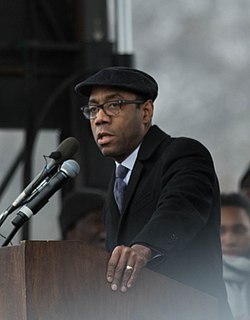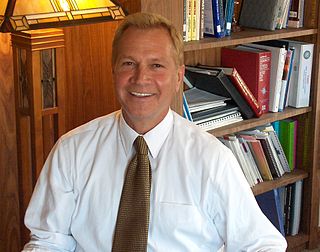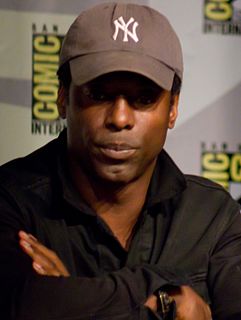A Quote by Faye Wattleton
Many African-American men are incarcerated. And so African-American women do carry an enormous burden. And traditionally have carried a greater burden than perhaps their white counterparts.
Related Quotes
The potential significance of Black feminist thought goes far beyond demonstrating that African-American women can be theorists. Like Black feminist practice, which it reflects and which it seeks to foster, Black feminist thought can create a collective identity among African-American women about the dimensions of a Black women's standpoint. Through the process of rearticulating, Black feminist thought can offer African-American women a different view of ourselves and our worlds
Michael Jackson fundamentally altered the terms of the debate about African American music. Remember, he was a chocolate, cherubic-faced genius with an African American halo. He had an Afro halo. He was a kid who was capable of embodying all of the high possibilities and the deep griefs that besieged the African American psyche.
One of the things that made the Black Muslim movement grow was its emphasis upon things African. This was the secret to the growth of the Black Muslim movement. African blood, African origin, African culture, African ties. And you'd be surprised - we discovered that deep within the subconscious of the black man in this country, he is still more African than he is American.






































